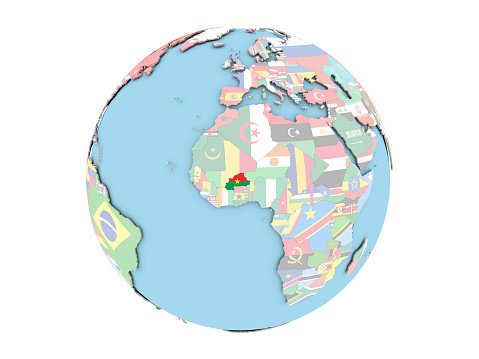

French president Emmanuel Macron said his native tongue would “be the first language of Africa” and “perhaps of the world.”
Speaking to students in Burkina Faso’s capital Ouagadougou, the French president, who is currently on a tour of West African nations, added that French should not be viewed as a “relic of a colonial power.”
He said, “It is not just a heritage to be protected. It has a future and this future is playing out in Africa . The radiance, the attractiveness of French does not just belong to France.”
Macron was on the three-day regional tour to improve relations with France’s former colonies and boost cooperation on migration, terrorism, and human rights. He told students in Ouagadougou that slavery and human trafficking in Libya were a “crime against humanity” and that he wanted a “European-African initiative” to end the “terrorists’ and human traffickers’ strategy.”
He pledged to end a history of “Francafrique”—a term often used to criticize France’s relations with its former colonies—saying, “I haven’t come here to tell you what is France’s African policy, because there no longer is one, there is only a continent that we need to look
straight in the face. The crimes of European colonization are unquestionable… It’s a past that needs to pass.”
Shortly before his arrival in Burkina Faso, authorities said several people were wounded by a hand grenade aimed at French soldiers, the Associated Press reported.





